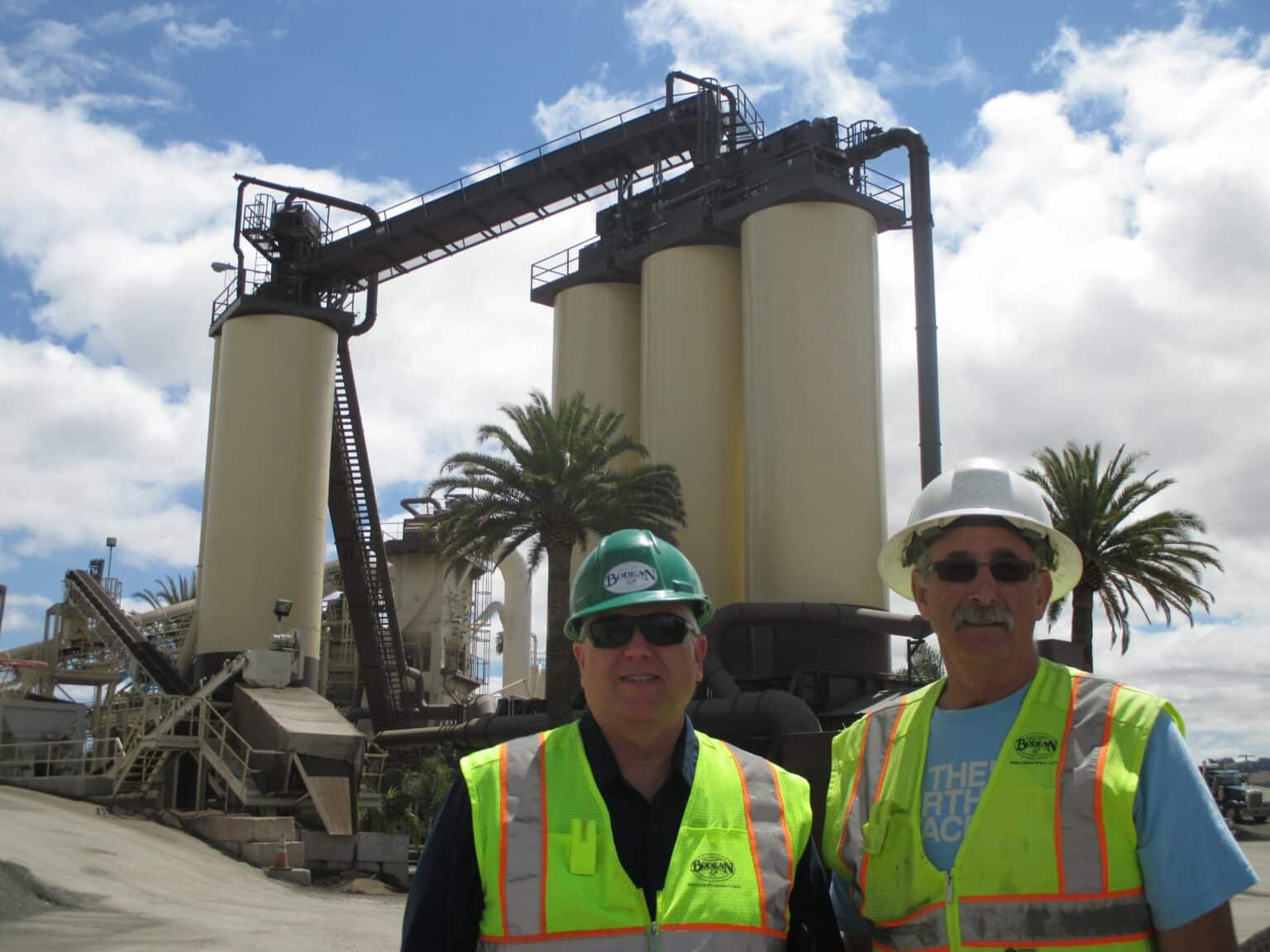
Because the Clean Air Act mandates that all permitted emission sources must be stack tested within 180 days of startup, asphalt plants undergo initial tests pretty early on in their lifetimes. But stack testing happens throughout your facility’s life depending on your state’s requirement. Annual testing may mean you want to stay on top of cleaning and watching out for any loosening seals or potential breaches in ductwork and so on.
When it comes to the actual testing, talk with the team or individual who will be performing the testing. You want to make sure you’re running the mix that day with the best opportunity for successful numbers. If it’s going to rain the night before, see if you can reschedule. If you can’t reschedule, you want to pull the driest material you can and monitor the firing rate on the burner. Try to keep track of the dust load on the baghouse so you can see just what affected your numbers.
Beyond the production elements you control, look at the testing equipment. Is it certified? Are you confident it’s been calibrated correctly? You want to watch out for human error, which means you’re looking for the best person you can find to help you get your stack testing handled competently.
Sign up to our Toolbox Tips newsletter to receive tips like this to your inbox each week!